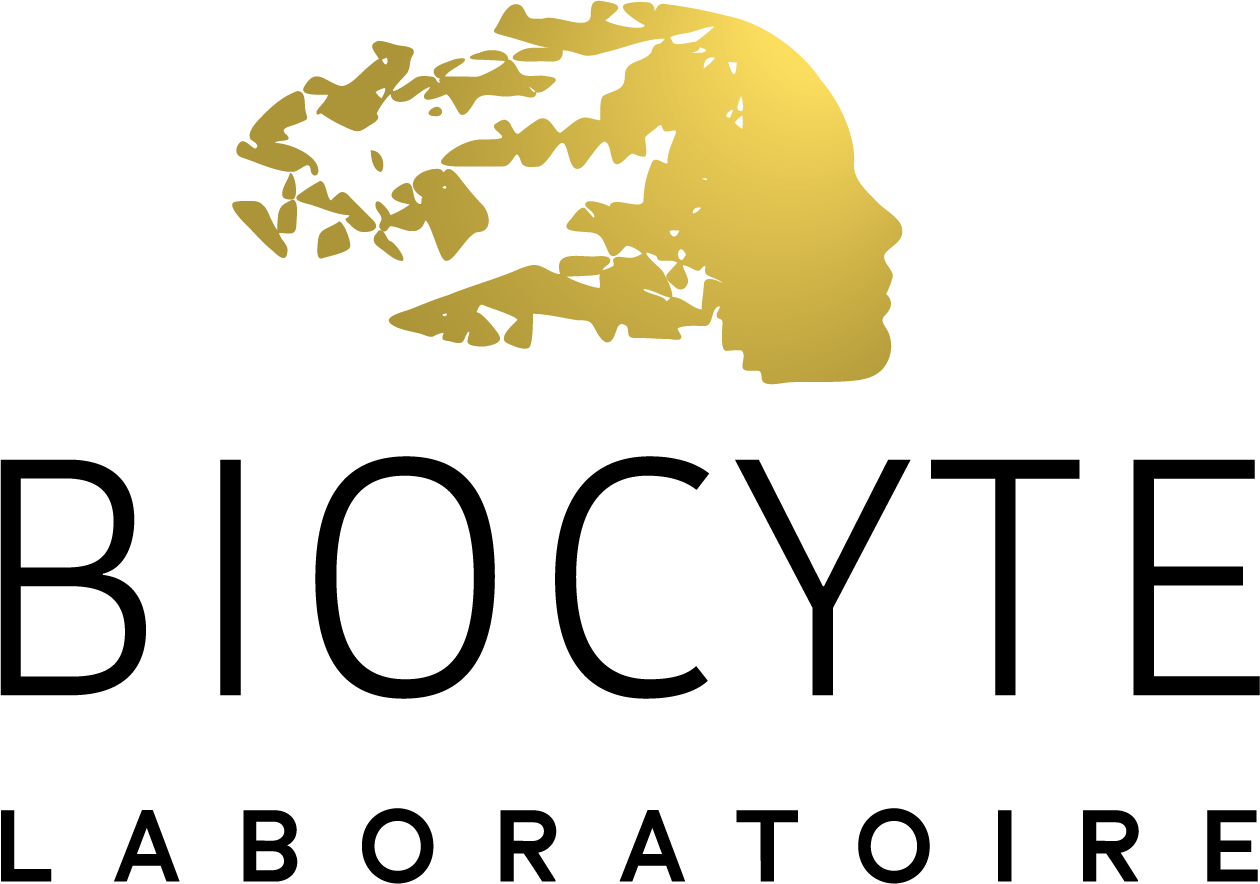
What are the benefits of a ketogenic diet?
Keto... This strange word is appearing more and more in the media, as well as on product labels in wellness aisles. But no, it's not the name of any brand, but the abbreviation of an English adjective, ketogenic. This adjective has a specific meaning: "which causes the formation (gene) of ketones or ketone bodies (keto)", and this in the body.
In the growing body of information on the subject, we often find the expression "ketogenic diet." The word "diet" should not be taken here in its common sense of food deprivation; for nutritionists, it defines a specific eating pattern, chosen for its health benefits. Similarly, although we often talk about the "ketogenic diet," it is not strictly speaking a diet, as we see emerging every spring, but rather a lifestyle adopted to lose weight, improve our well-being, and increase our life expectancy.
What is it about?
Just as you would swap gasoline for hydrogen to power your car, the ketogenic diet changes the energy source of your cells.
The "fuel" of your cells, and therefore of your organs, muscles, tissues, not forgetting the brain, is glucose . It must be provided by food, because the body has a constant need for it. Note that, on its own, the brain consumes, on average, 20% of the total energy used by the body. In developed countries, sugars, belonging to the carbohydrate family , are abundant in the diet, most often even in excess . These carbohydrates come directly from sweetening products and the assimilation of certain foods, starches, legumes, fruits, vegetables. They are then transformed into glucose thanks to a metabolic cascade under the influence of various enzymes. Finally, the glucose thus produced passes into the bloodstream at the level of the small intestine and its concentration in the blood, or blood sugar , is regulated by the pancreas thanks to two hormones, insulin and glucagon.
As if we were fasting
When we completely deprive ourselves of food, this is called fasting . In the past, people experienced periods of fasting when food was scarce. Yet they survived, and the reason is well known.
In a fasting situation, since carbohydrates are no longer provided by food, the body's cells risk running out of fuel, glucose. Fortunately, the human body is programmed to use a plan B: it produces, from the body's fat reserves , specific substances called ketones . The cells know, through a complex mechanism that we will discover, how to then transform these ketones , from the body's fatty acids, into glucose , to continue functioning. In this situation, there is obviously weight loss.
Prolonged fasting presents risks (weakening, deficiencies, muscle loss, etc.). But in the ketogenic diet, the body reproduces this process, without the risks, by simply allowing the production of ketones . Research has even shown that the energy thus provided by ketones is more quickly and better available than that provided by glucose.
What is the ketogenic diet? It is based on a number of dietary rules that significantly change our habits. Overall, it involves drastically reducing carbohydrates in the diet, consuming a moderate amount of protein (meat, eggs, fish, etc.) and a significant portion of carefully selected fats. These fats or fatty acids constitute the reserve from which the cells will draw to produce glucose. And if you are overweight, the body, now in a state of ketosis , will also use your excess fat cells, hence the slimming effect of the ketogenic diet. In addition, the ketogenic diet excludes all industrial products and favors natural or organic foods that you prepare yourself. It is therefore a non-toxic, healthy diet.
Does this diet surprise you? Does it seem almost impossible to you? Yet it is part of the traditional and permanent diet of many populations such as the Inuit and certain Native Americans.
Many benefits
The Western world discovered the ketogenic diet in 1921, thanks to Dr. Russell Wilder of the Mayo Clinic, who developed it for therapeutic purposes, the treatment of epilepsy, and today it is used in some hospitals to treat children with epilepsy.
Today, nutritionists are highlighting the benefits of the ketogenic diet in many areas, particularly in terms of sustainable weight loss, as evidenced by the many slimming candidates who have tried it, often after years of useless diets and yo-yo effects.
Up to you !
Do you dream of regaining a slim body, improving your mood and well-being? Do you want to live and eat as healthily as possible? Do you want to maximize your chances by complementing it with a healthy lifestyle?
The ketogenic diet is made for you and Biocyte supports you with food supplements from the Ketoslim range based on raspberry ketone developed by experts.











